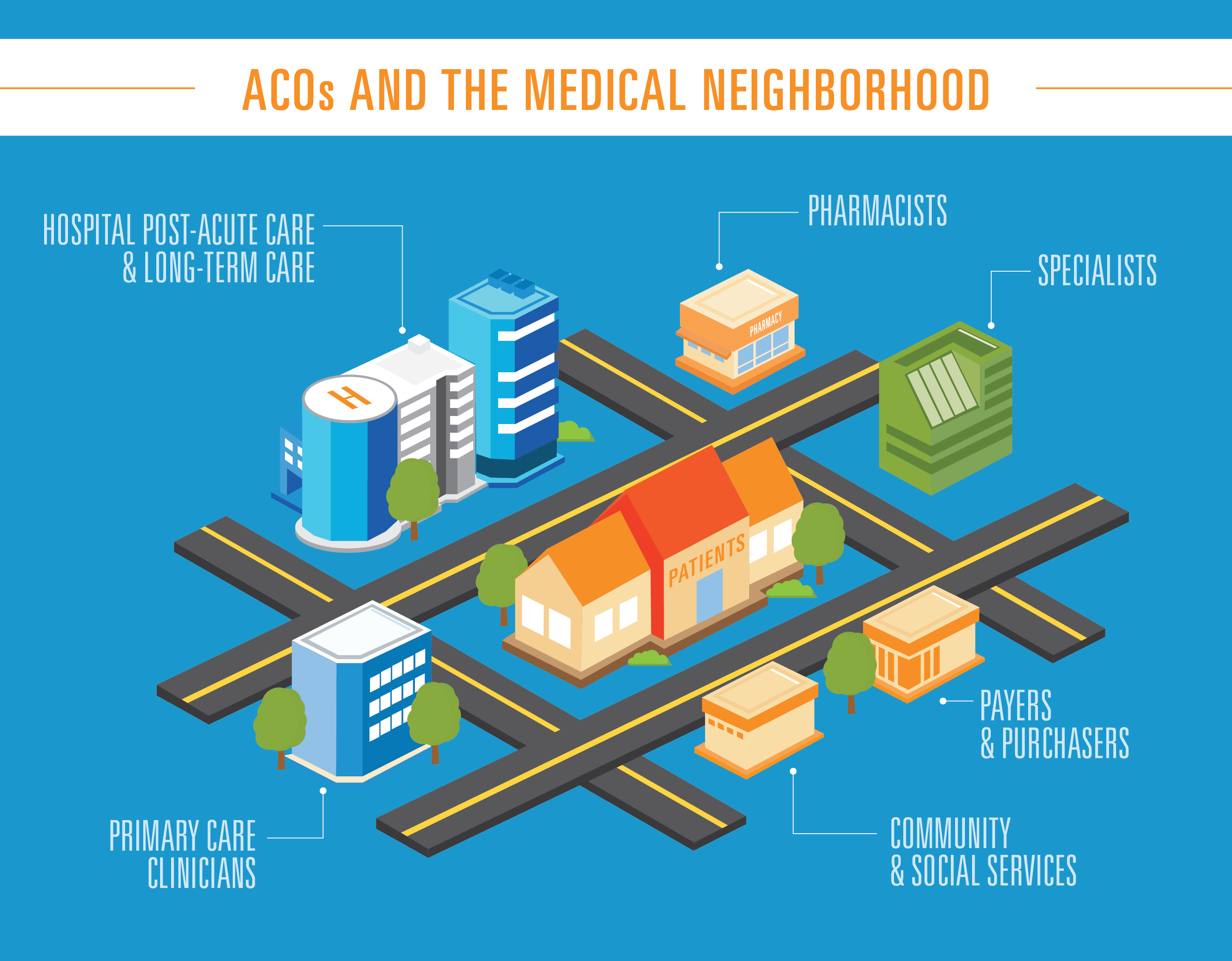Focusing on operations is good patient experience
Maldari explains that this involves both patients and front-line staff. At baseline, having the right fit for staff is important for the culture. He continues, “It’s really hard to be able to deliver excellent customer service or empathetic care without having levels of employee engagement. So I would start there, and that really comes from leadership which impacts overall organizational culture.”
Leadership should also be mindful of offering mental health resources for staff, especially during pandemic times. “The organizations that make that investment see that it will pay off in the long run.” Maldari says. He also feels like providers themselves should question whether or not they feel supported by higher ups, as well as their level of comfort in sharing their concerns.
How can hospitals offer five-star service with two-star reimbursement?
A hospital isn’t a hotel, after all. However, healthcare and hospitals are an unavoidable part of life. Maldari believes that the main reason luxury hotels have repeat customers is the consistency. “I think that healthcare, with the many challenges that it faces, delivers inconsistent patient experience, depending upon what service line, what location, what staffing challenges.”
That is where the empathy needs to come in, and the rapport. That is also where service recovery comes in, as well. He says that so many health organizations are doing the same things––providing quality care, and many systems are merging. Maldari says, “What’s going to separate one from the rest? Maybe I’m biased, but it’s going to be hospitality. It’s going to be customer service.” A driving force behind that is customers having the ability to rate their experiences either through a survey or through a site like Tripadvisor. These reviews can also draw in new customers, or they’ll force them to go somewhere else. Hospital systems can have this same arrangement, including responding to feedback.
Leadership Rules to Live By
Maldari reflects on the various leaders he’s had in both industries. He says, “The leaders of these departments need to be connected and make sure that the needs and wants of their employees are being heard and being addressed. I’m very fortunate enough to have amazing leaders on my team. But that’s really important because then you could hire the greatest talent; but if they’re not cultivated, listened to, they’re not going to be there very long.”
The necessary empathy trickles down from leadership, cultivating and caring for front line staff who then have to care for customers. This is true of hospitality and especially true for healthcare. “The overarching goal is to develop trust and make sure leaders are authentic. I disagree with putting on a game face, and I think who you are at work is potentially the same person you are at home. Authenticity is a big leadership quality.”
Understanding is also an important quality, as well as logic––having the experience and the skill to make the right decisions.
Tap Here to Learn about Q Visit


